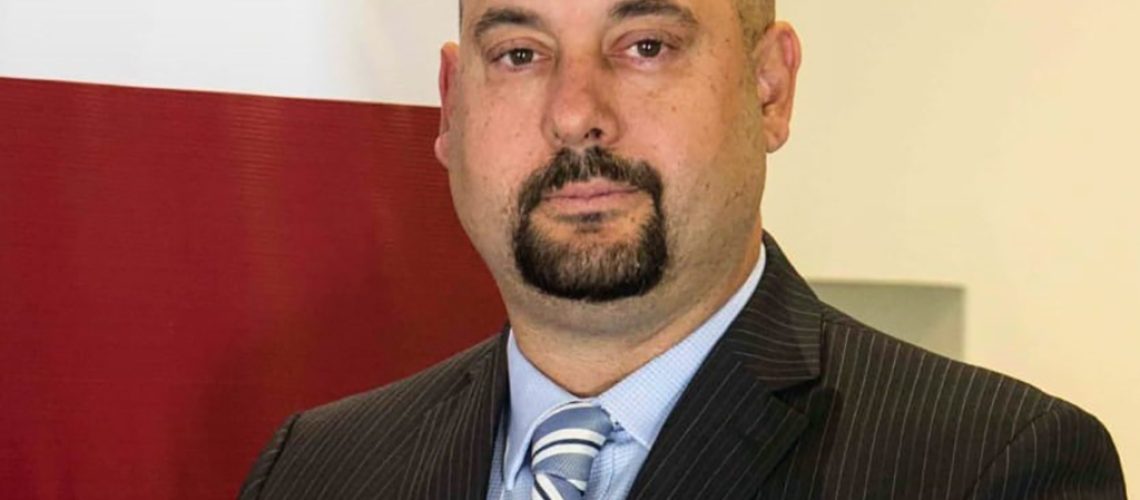A double jeopardy
“Most crimes such as asset laundering are committed in the very heart of our continent. North America and Europe are still the main outlets for drug trafficking. Latin America is a very vast area where there is still inadequate detection of the risk and threat of terrorist financing. Terrorism does not take the same form here as elsewhere, as it relates above all to attacks committed by criminal organisations, unlike in other regions of the world, where ideological and religious references are dominant,” points out Esteban Fullin.
The banking system, followed by the activities of notaries and lawyers, then the automotive industry and finally the property market[1] are the sectors most vulnerable to money laundering. Smuggling generates profits estimated at nearly 2% of Latin America’s GDP, or some 150 billion US dollars a year, penetrating the metal, tobacco, alcohol, medicine and textile industries.[2] Environmental crime has become the third most lucrative crime in the world, surpassed only by drug trafficking and smuggling. “Illegal mining activities generate illegal profits while causing significant environmental damage. These profits directly feed the irregular groups present in the various countries” points out GAFILAT’s executive secretary. Worldwide, illegal mining generates between 12 and 48 billion dollars a year, while profits from deforestation amount to between 51 and 152 billion dollars.[3] Human trafficking affects 3.6 million people in the Americas and is worth $150.2 billion a year worldwide, through sexual exploitation and forced labour, 74% of the victims being women and girls. [4]
A clear loss for the public sector
Political friction, technical harmonisation
On the recommendation of the Financial Action Task Force (FATF), GAFILAT must contribute to the establishment of a regional system to prevent money laundering and the financing of terrorism. “All the continent’s countries are involved in these battles. Making support policies conditional on political alignments remains a major challenge for our organisation. Politics must not take precedence over technical cooperation. But the major problem remains access to the fiscal and human resources needed to achieve this dual objective, both at GAFILAT level and in the countries themselves. In Latin America, national agendas prioritise the eradication of poverty and hunger before these issues of prevention. Organised crime continues to be a huge challenge, requiring a colossal amount of work from police services, judicial systems and public finances”, explains the Argentine lawyer. He continues: “We work closely with the European Union, through programmes such as COPOLAD, and with its member countries, in particular Spain, Italy and Germany. Their financial contributions serve the interests of our 18 partner countries without asking for anything in return, which is vital to our efforts. Quite apart from the financial aspect, Europe’s know-how and experience are very valuable in developing our own toolbox in Latin America.
Towards greater financial security
Mutual evaluations and annual meetings offer a chance to share best practice and anticipate future threats. “Over the past few years, we have set up an asset recovery information network, supported staff training and provided free software for the public sector to draw up checklists. In the coming years, we will be focusing on the risks associated with the management of virtual assets, the non-profit sector and issues relating to economic transparency. With regard to crypto assets, some countries are moving towards their acceptance as a legal means of payment, while others are more reluctant. Our role is therefore to shed light on the risks associated with these assets and provide the means to enable each country to legislate. Furthermore, money laundering cannot be considered solely as locking up people responsible for financial crimes. Our wish is to combine criminal law enforcement and the recovery of ill-gotten gains to achieve greater transparency and more severely undermine illicit sources of income. As a public organisation, we work mainly with governments and public administrations. We are therefore aiming to forge closer links with the private sector, through the development of private-public agreements, to improve asset laundering prevention systems,” says Esteban Fullin.
[2] ALAC, Quinto Encuentro de la Alianza Latinoamericana Anti Contrabando, ALAC, 7 y 8 de mayo 2019, en San José de Costa Rica (2019)
[4] Organización Internacional del Trabajo, Estimaciones mundiales sobre la esclavitud moderna: trabajo forzoso y matrimonio forzoso – Resumen Ejecutivo, s.l., OIT, 2022.
[5] Grupo de Acción Financiera de Latinoamérica, Tercera Actualización del Informe de Amenazas Regionales en materia de Lavado de Activos (2019-2021), op. cit.
Comments collected by S&D MAGAZINE


